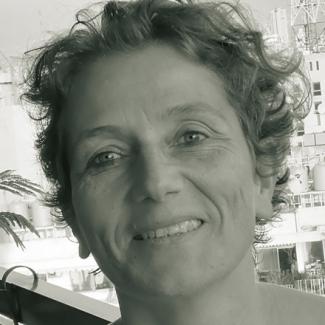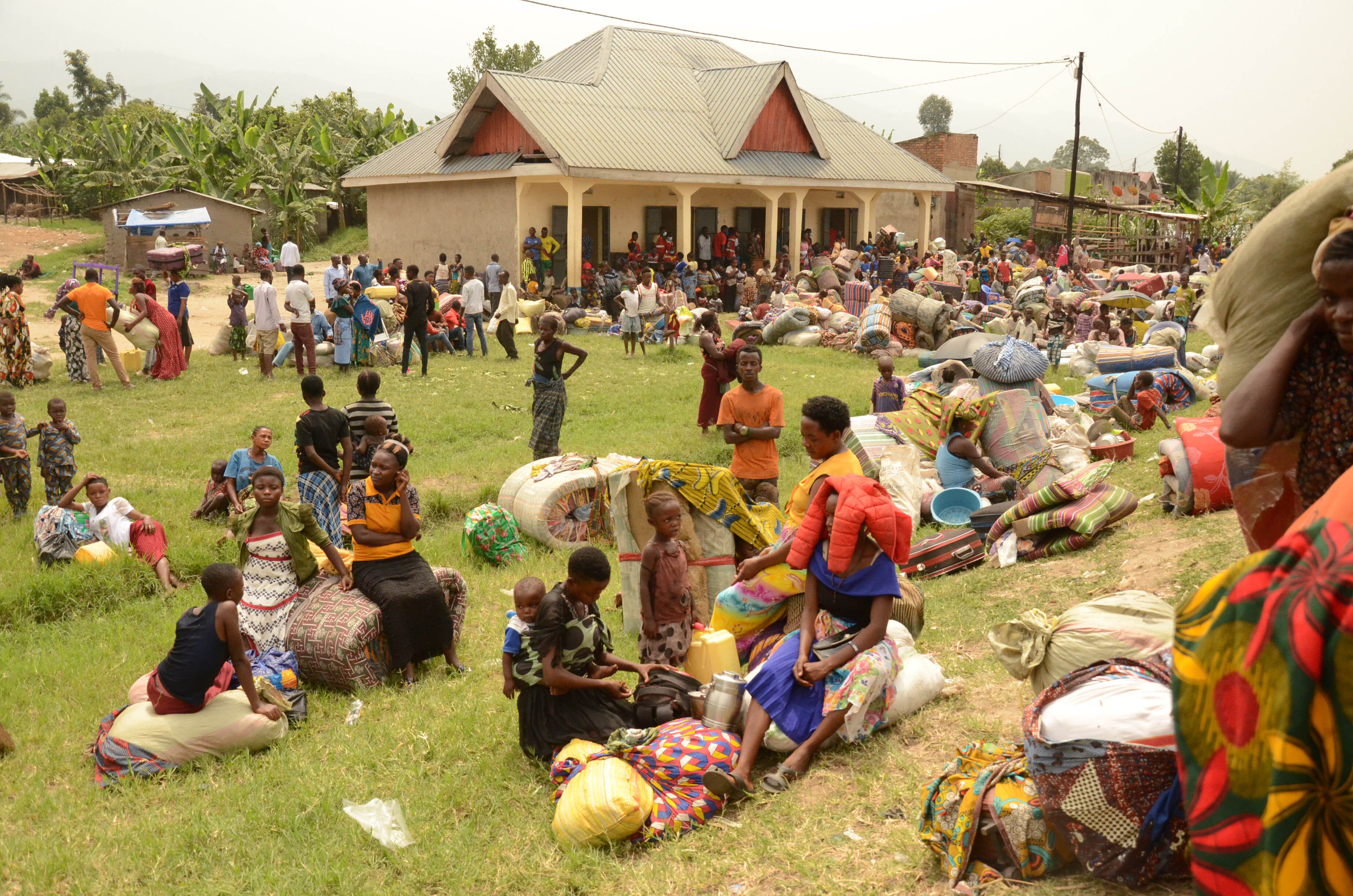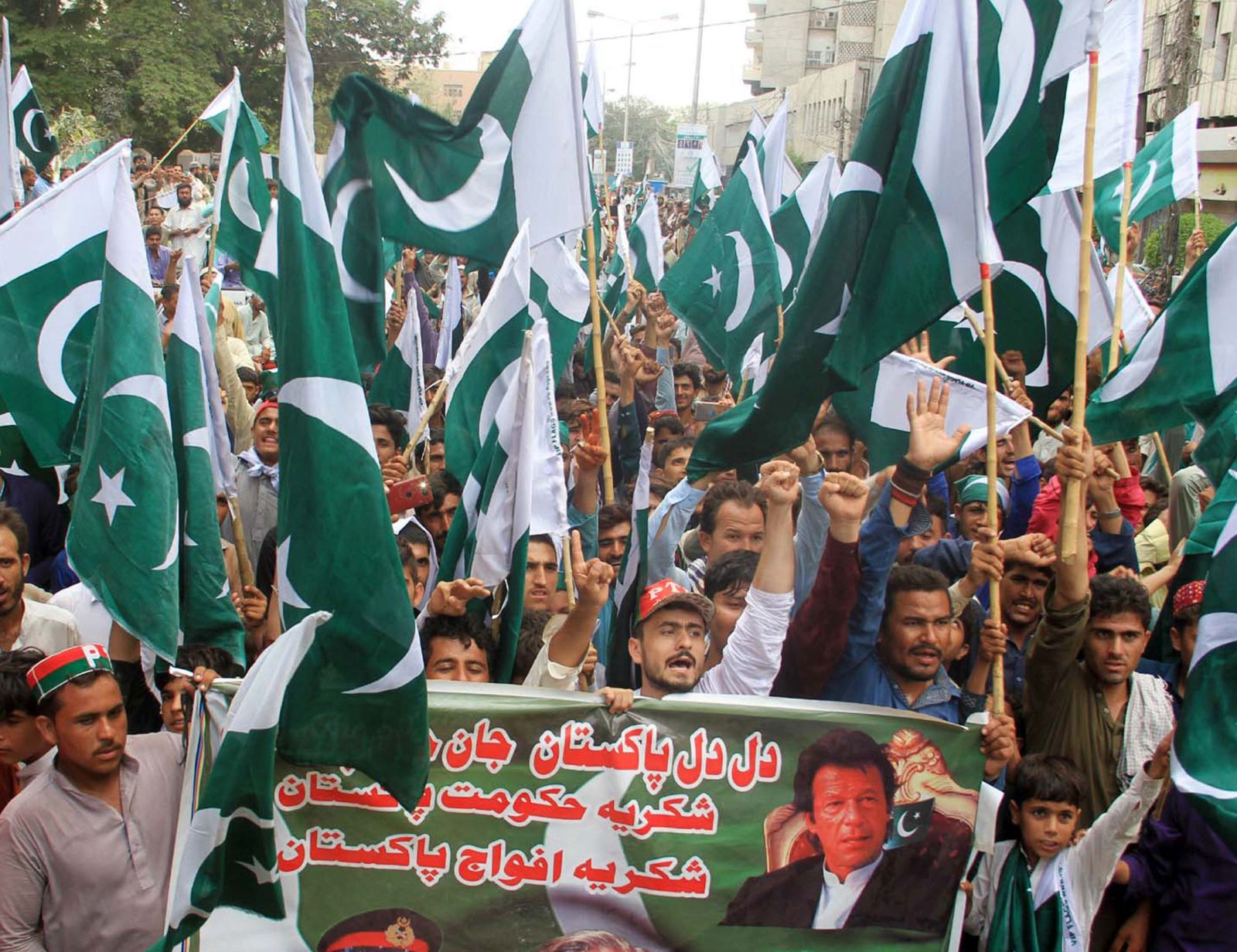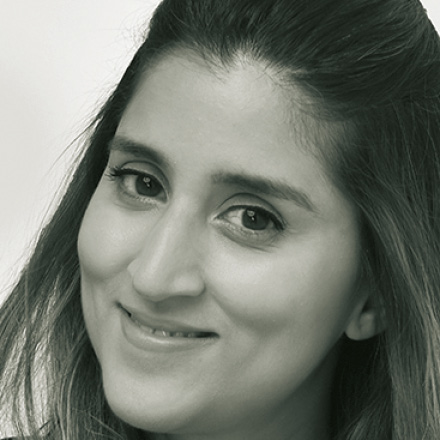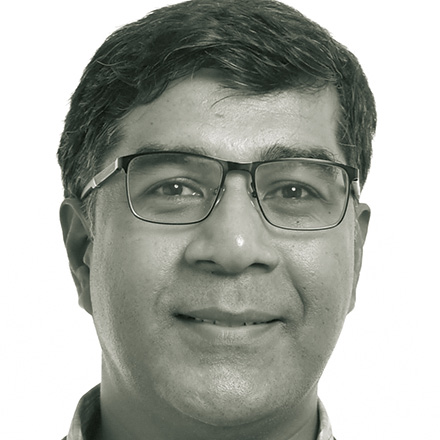Civil Peace Service
Overcoming prejudices
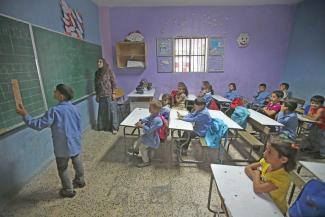
According to Salah Zuaiter, the programme director, many of Baalbek’s residents sympathised with the refugees at the beginning of the Syrian conflict. But growing economic pressure has changed people’s attitudes, he says: “There is more and more competition for jobs.
Syrians are opening shops, which means fewer customers for Lebanese-owned businesses. Syrians also work for much lower wages than Lebanese people. On top of all that, Lebanon’s infrastructure is under great stress.” He reports that power black outs are common, the water supply system is collapsing, and waste management is overwhelmed.
Zuaiter explains the programme’s approach: “We are creating a space for dialogue between Lebanese and Syrian refugees. Each side identifies its needs, its problems and possible sources of conflict. Then the two groups come together to discuss.”
For the project “Future together now”, Germany’s Forum Civil Peace Service is working in Lebanon with LOST and the Syrian organisation Basmeh & Zeitooneh. This year, the organisations have trained 10 community activists in civil conflict resolution. They were from Baalbek and its surroundings and from Syrian refugee camps in the Bekaa Valley.
Christina Hering of Forum Civil Peace Service says that participants first identify the needs of the Lebanese and Syrian residents. According to Hering, relevant issues might include illumination for a village square, the construction of a youth centre or the distribution of water filters.
Next, a plan of action is drafted in order to meet residents’ needs. Hering explains: “Our approach gives Lebanese and Syrians a chance to get to know each other better and overcome their prejudices. If conflicts arise, the community activists intervene and settle disputes.” (mn)
Links:
The organisation LOST:
http://lostlb.org/
Forum Civil Peace Service in Lebanon:
http://www.forumzfd.de/en/lebanon
